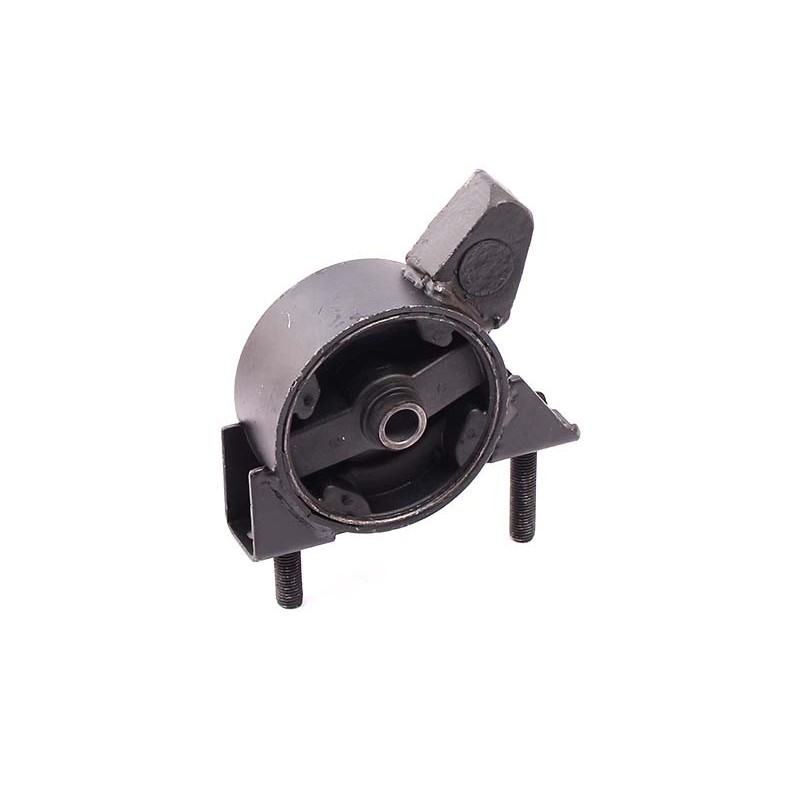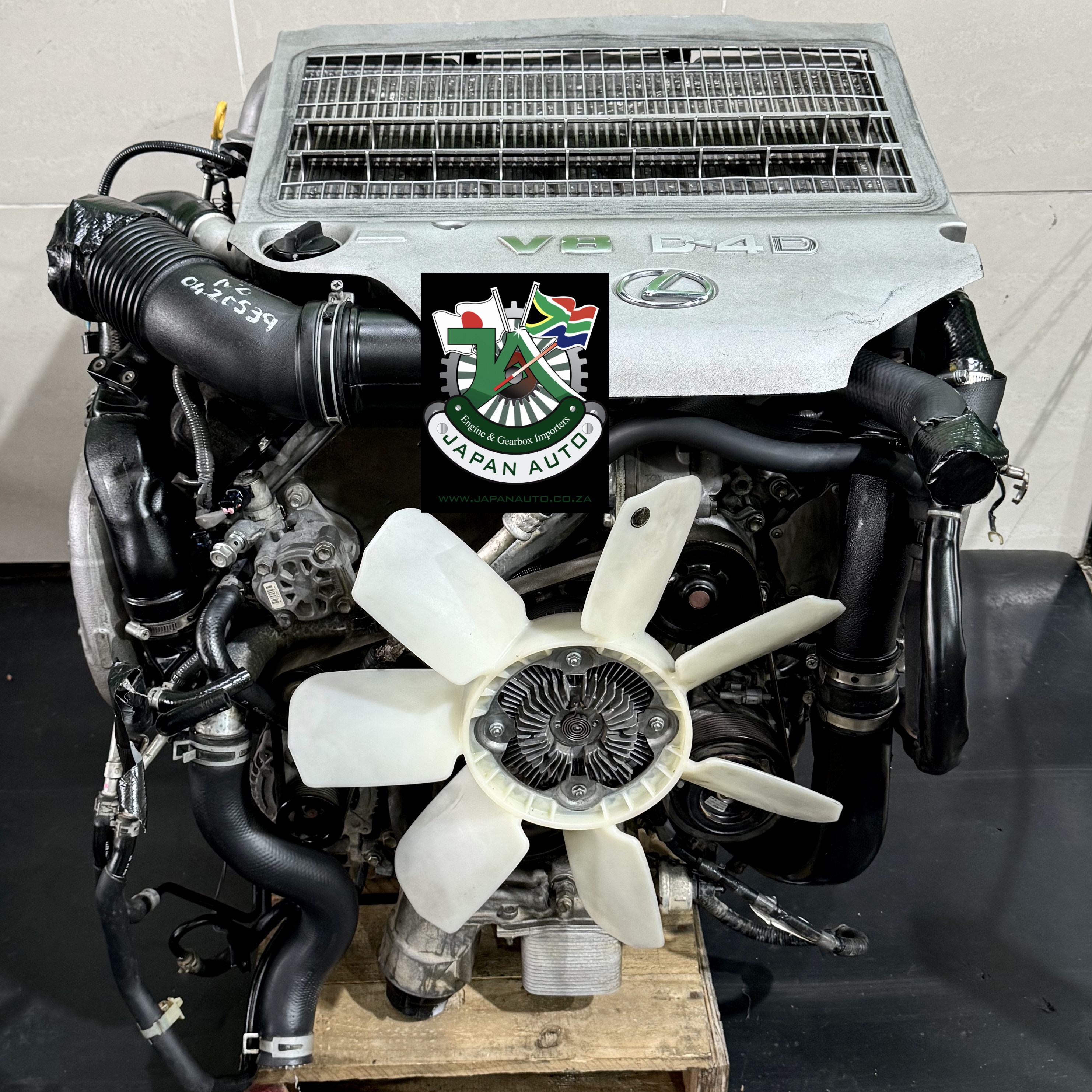Toyota Tazz: A Review of Its Handling, Fuel Economy, and Overall Performance
Toyota Tazz: A Review of Its Handling, Fuel Economy, and Overall Performance
Blog Article
Discover the most recent Trends in Engine Innovation With Tazz
In the swiftly advancing landscape of automotive technology, Tazz stands at the leading edge, highlighting substantial advancements in engine systems that prioritize both development and sustainability. tazz. From hybrid engines that enhance fuel effectiveness to the development of hydrogen fuel cells, the patterns forming modern-day powertrains are not just boosting efficiency yet likewise addressing crucial environmental difficulties. As the market remains to push limits, it is vital to think about exactly how these developments will affect future transportation remedies and the broader effects for international power intake. What lies ahead in this critical transformation?
Hybrid Engine Innovations
Crossbreed engine advancements represent a crucial shift in automotive modern technology, integrating the benefits of interior combustion engines with electrical propulsion systems. This integration not just enhances gas effectiveness however likewise reduces discharges, meeting progressively rigorous environmental guidelines. By making use of both energy sources, hybrid engines can optimize efficiency, delivering power when required while preserving fuel throughout less requiring driving conditions.
Current developments in hybrid technology include renovations in battery efficiency and regenerative braking systems. These technologies enable higher power recovery throughout slowdown, which can be redirected to help in velocity or power accessory systems. Additionally, makers are concentrating on lightweight materials and small layouts to optimize the performance of hybrid powertrains.
The growth of plug-in crossbreeds has likewise broadened the marketplace, making it possible for vehicle drivers to bill their vehicles using conventional electric outlets. This attribute typically permits for substantial all-electric array, more lowering dependancy on typical gas. tazz. As the auto sector remains to progress, hybrid engine innovations are anticipated to play a critical duty in linking the space in between standard lorries and completely electric models, providing a transitional solution that provides to varied consumer needs and preferences
Advancements in Electric Powertrains
The automobile landscape is rapidly evolving, with electrical powertrains becoming a leading force in sustainable transportation. Advancements in electrical lorry (EV) modern technology are dramatically boosting user, efficiency, and efficiency experience. Key technologies consist of renovations in battery chemistry, which have increased power density, lowered billing times, and prolonged total battery life.
Solid-state batteries, as an example, promise to revolutionize the market by giving higher security and performance compared to standard lithium-ion cells. Developments in regenerative stopping systems are making it possible for automobiles to recover power during deceleration, adding to total effectiveness.
Along with battery technology, electric motor layouts are coming to be much more innovative. Technologies such as incorporated electric motors and progressed thermal management systems are aiding to maximize power shipment and lower weight, ultimately improving vehicle characteristics.

Jointly, these advances emphasize the commitment to shift towards cleaner, much more efficient transportation solutions, placing electrical powertrains at the leading edge of automobile advancement.
The Increase of Hydrogen Fuel Cells
Increasingly, hydrogen gas cells are obtaining traction as a practical alternative to traditional inner combustion engines and battery electrical automobiles. This innovation utilizes the chemical energy kept in hydrogen, converting click this it into power via an electrochemical reaction with oxygen. The primary byproduct of this process is water, making hydrogen gas cells an ecologically friendly alternative with no emissions at the tailpipe.

Car manufacturers are increasingly purchasing hydrogen fuel cell innovation, identifying its possibility for long-range applications and rapid refueling capabilities that equal traditional gas. In addition, sectors such as heavy-duty transport and public transportation are especially appropriate for hydrogen gas cells, where battery electrical options might fail as a result of weight and array constraints.
As study and financial investment remain to expand, hydrogen fuel cells are poised to play a considerable function in the future landscape of clean transportation and energy solutions.
Enhancements in Internal Combustion Engines
Innovations in inner combustion engine (ICE) technology are changing typical lorries to fulfill contemporary environmental requirements and performance assumptions. Direct gas injection, for circumstances, enables for far better atomization of gas, leading to more total combustion and boosted power output.
In addition, turbocharging has gained importance, allowing smaller sized engines to supply higher efficiency without the weight of bigger engines - tazz. This technology not only improves performance however likewise adds to lower fuel usage. Variable valve timing systems are likewise being improved, allowing engines to adapt to various driving conditions for enhanced torque and responsiveness
Moreover, making use of light-weight products in engine building is coming to be standard, additional boosting fuel effectiveness by reducing general lorry weight. Engine control units (ECUs) are progressively innovative, enabling real-time modifications that maximize efficiency and emissions.
These enhancements jointly signify an essential change in ICE modern technology, learn the facts here now aligning with worldwide sustainability objectives while still giving the performance chauffeurs anticipate from their automobiles. As the sector evolves, these improvements proceed to form the future of typical automotive engineering.
Future Trends in Engine Effectiveness
Considerable improvements in engine performance are prepared for as manufacturers focus on integrating advanced technologies to meet stringent environmental regulations and consumer demands. The shift in the direction of electrification, crossbreed systems, and different gas is improving the auto landscape, driving technologies that boost gas economic situation and lower emissions.
One of the key trends is the implementation of advanced materials and manufacturing strategies. Light-weight compounds and high-strength alloys add to reduced lorry weight, hence improving total efficiency. Additionally, the fostering of turbocharging and variable shutoff timing innovations permits improved power output from smaller engines, further enhancing gas economic climate.

Conclusion
In verdict, the exploration of engine modern technology reveals substantial advancements that focus on sustainability and efficiency. Developments in crossbreed engine systems, electrical powertrains, and hydrogen gas cells show a dedication to lowering emissions while enhancing efficiency. Enhancements in inner burning engines and a focus on lightweight products contribute to total engine effectiveness. As the vehicle sector continues to advance, these fads will play an essential function fit a cleaner and even more sustainable future for transport.
From hybrid engines that enhance gas performance to the emergence of hydrogen gas cells, the trends forming modern-day powertrains are not just enhancing performance yet also addressing important ecological difficulties.Crossbreed engine technologies represent a crucial shift in automotive innovation, combining the benefits of interior burning engines with electric propulsion systems.Furthermore, turbocharging has actually gotten prestige, allowing smaller engines to provide higher performance without the weight of larger engines. Furthermore, the fostering of turbocharging and variable shutoff timing innovations allows for improved power result from smaller engines, moved here further improving gas economic climate.
Renovations in inner combustion engines and a focus on lightweight products add to overall engine performance.
Report this page